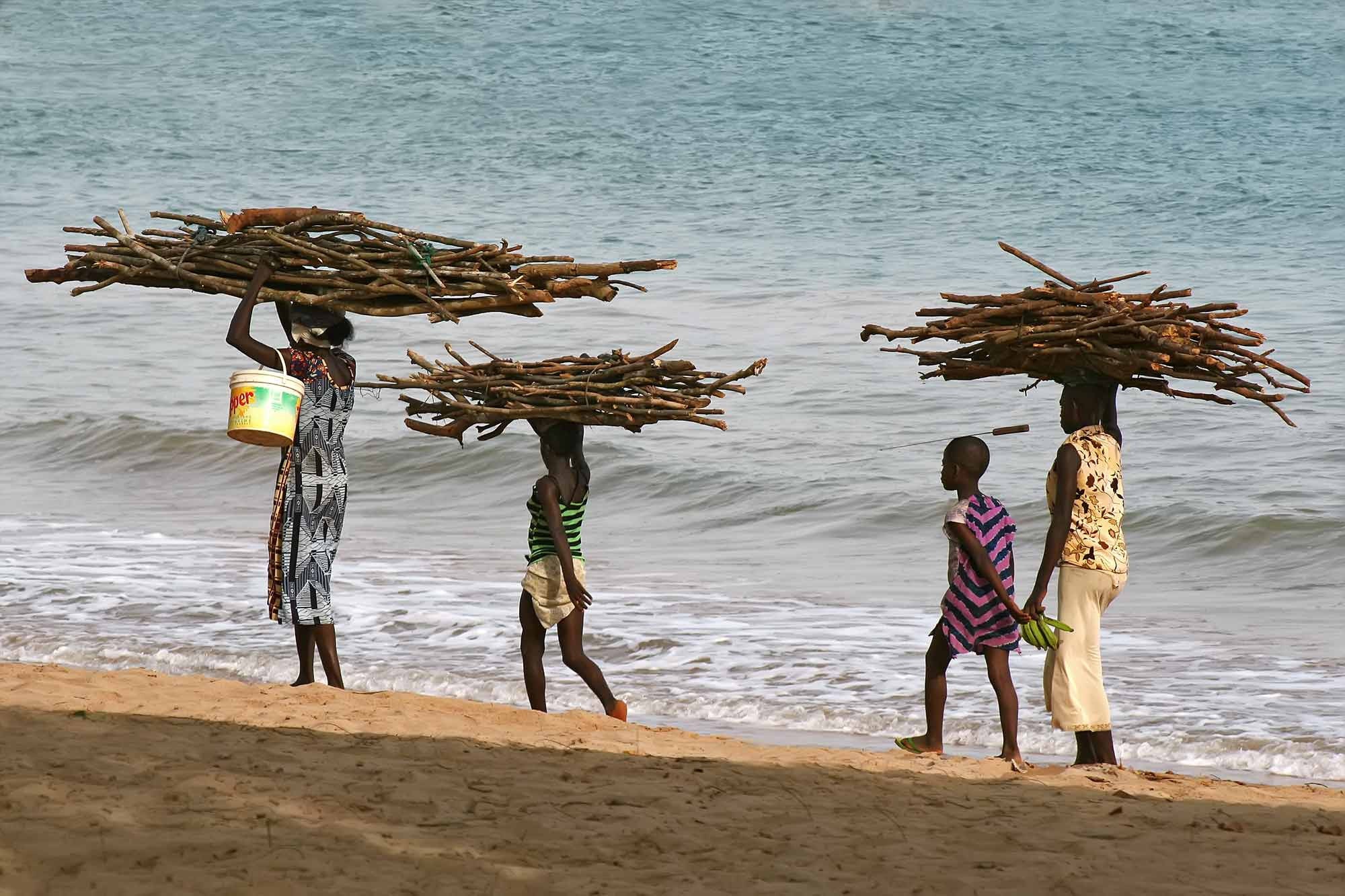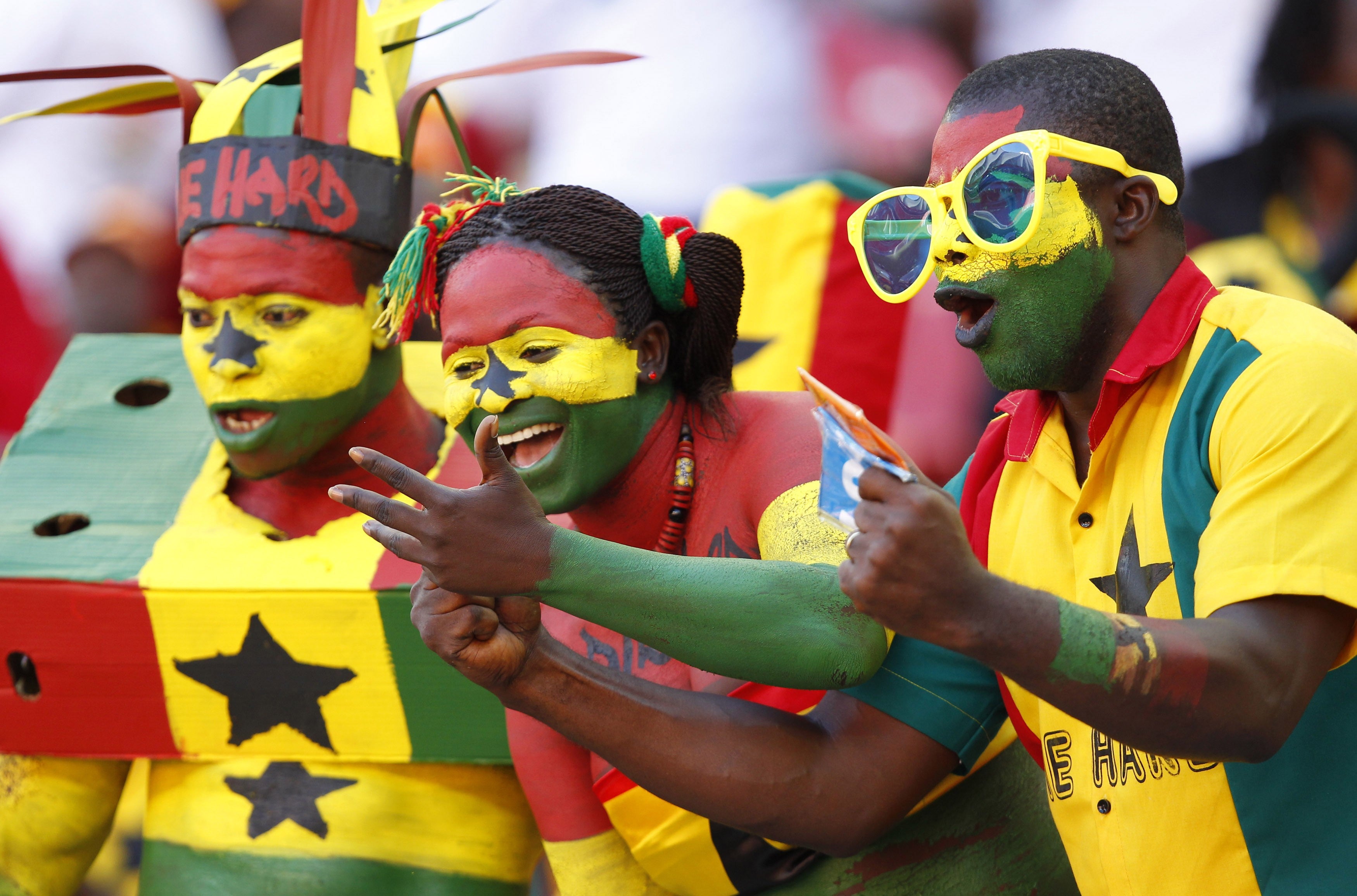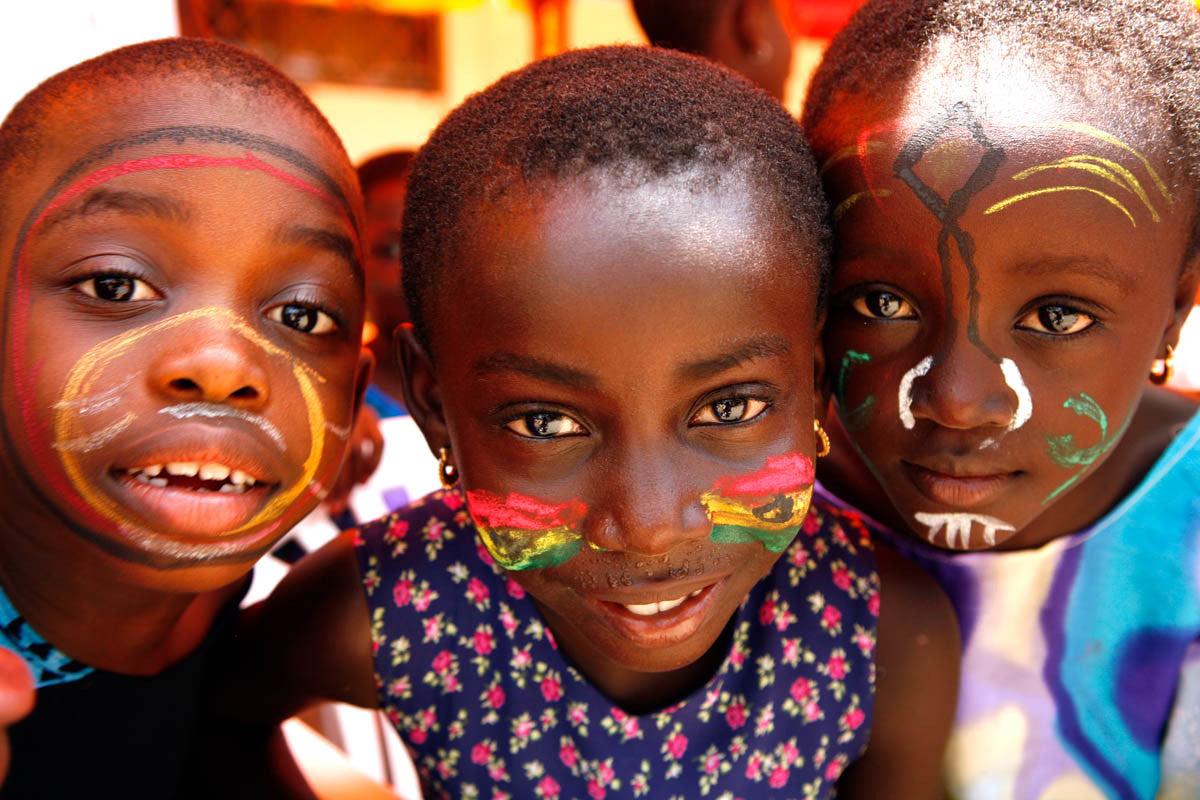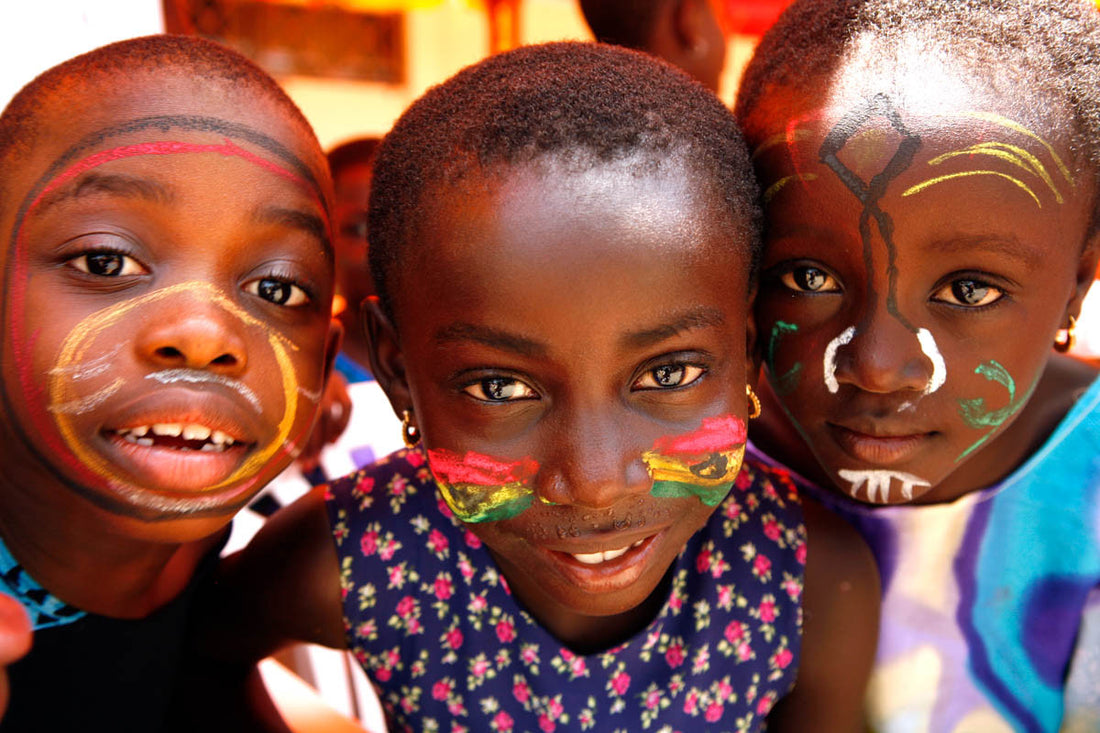If there’s one thing we’re passionate about here at Ethnotek, it’s keeping culture alive! In honor of our recent launch of the new Akan collection, we wanted to take the time to share some fascinating information about Ghana’s culture and history.
Ghana is located on the coast of West Africa, bordered by Togo, Burkina Faso, and Côte d'Ivoire. The nation is renown for its biodiversity and beautiful sandy coasts. Even more interesting is its rich history dating all the way back to 10,000 BC!

Ghana was the first country in sub-Saharan Africa to become an independent nation. Today, it’s often referred to as the “island of peace” because it’s one of Africa’s most thriving democracies!
People of Ghana regard family as the highest source of dignity, loyalty, and responsibility. An individual loss of honor is shared among a family, and because of this, the people of Ghana work to maintain the utmost sense of community.
The country also has a vast culture of sports, with its most popular activity being football (soccer). Ghana is also home to some world-class boxers! Some of the most well known are Azumah Nelson and Nana Yaw Konadu, who are both three-time world champs.

Traditional food and drink vary across the country, while most Ghanaians have a staple diet of yams, maize, and beans, diets in more southern parts of the country include cassava, plantain, FuFu, Kenkey, and Bankou. In the north, millet and sorghum are more prevalent parts of the diet.

Another outstanding bit of trivia is that Ghana is home to over 100 ethnic groups, including Akan, Moshi-Dagbani, Ewe, and Ga. The Akan group includes the well-known Ashanti tribe, one of the few societies in which lineage and ancestry are traced through the maternal line. Today the Ashanti are known for their craft-work, which includes Kente cloth, a handmade cotton that is woven into bright strips with complex patterns.

In addition to Kente, patterns are often created using the process of batik. Batik is considered to be a form of expression for both men and women of Ghana. They can be worn to symbolize things like marital status, mood, and political or religious beliefs. You can learn more about how Batik is made here.
Ghana is such a beautiful country with a diverse culture and history. We’re stoked and honored to be working with Ghanaian artisans!
Sources:
Brittanica, Ghana Net, Commisceo-Global Guide, The Culture Trip
Images:
https://buzzghana.com/ghana-black-stars/
http://www.arikwings.com/heritage-threads/
http://www.maierandmaierphotography.com/ghana/
https://blog.compassion.com/traditions-of-ghana-warrior-king/

